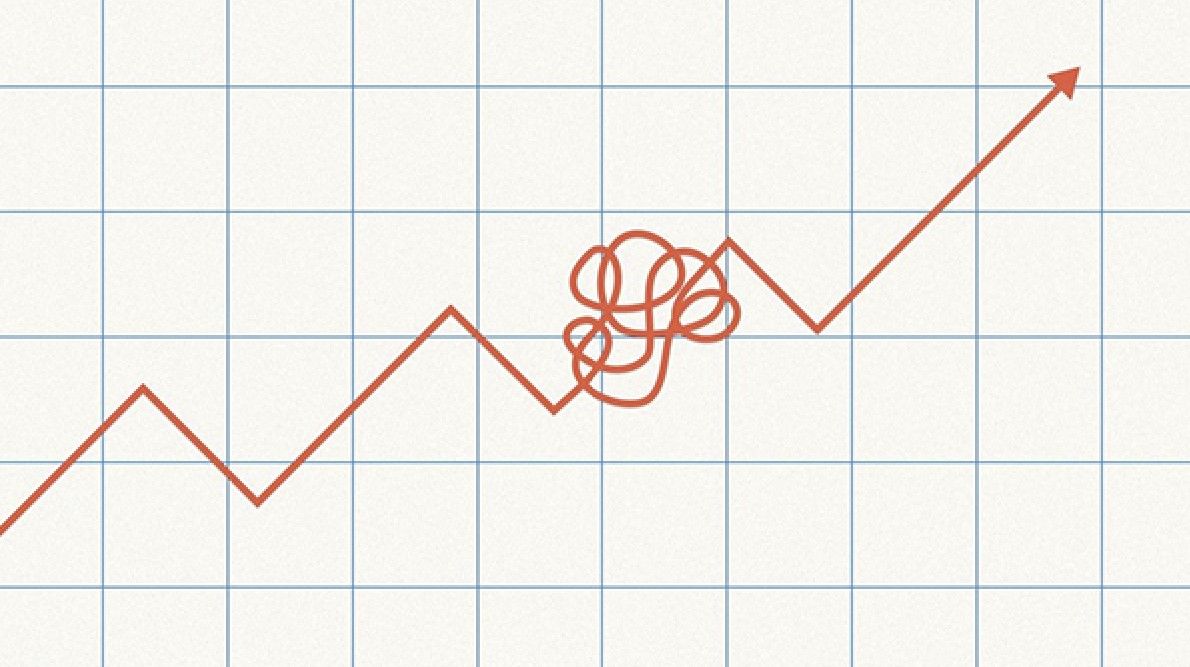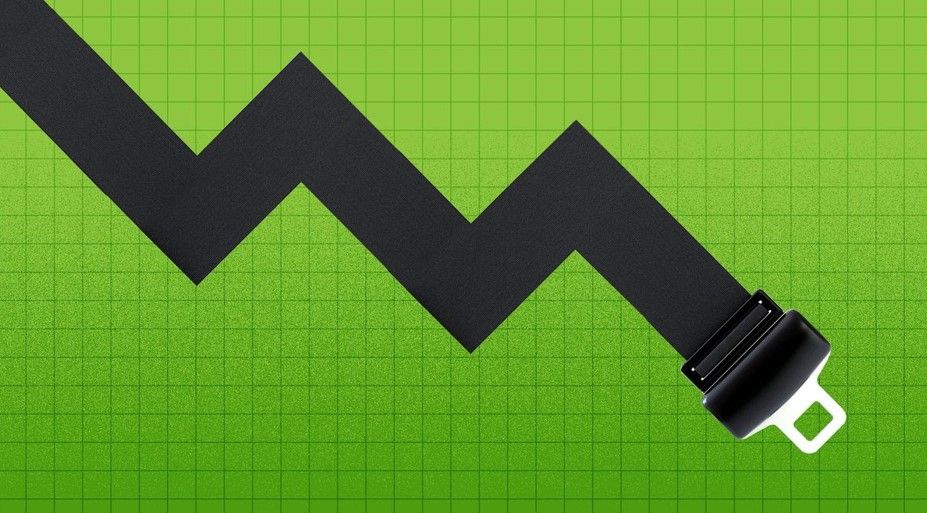
Economy, International Markets, Week in Review
Ukraine economy faces major hurdles
Ukraine’s economic outlook stands conditional based on a number of factors: The destruction of energy infrastructure, logistical mishaps, a difficult labor market and high security risks.

Ukraine’s economic outlook stands conditional based on a number of factors: The destruction of energy infrastructure, logistical mishaps, a difficult labor market and high security risks.
The quantity of outside assistance and the duration of Russia’s invasion have also been a major setback for Ukraine’s economy. The pace of recovery in Ukraine is projected to slow to 3.2% this year from 4.8% in 2023, due to a smaller harvest and persistent labor shortage. With the war now in its third year, the Kyiv government relies heavily on foreign financial aid to be able to finance its social and humanitarian payments. The bulk of Ukraine’s state revenues goes to defense efforts.
Why it matters: Though GDP is expected to expand modestly by 3.2% this year, Ukraine will temporarily suspend payments on GDP warrants starting from May 31, 2025, according to government decision published on the official website.
- The GDP warrant is linked to the country’s economic output growth—created during Ukraine’s 2015 debt restructuring. JPMorgan calculates that Ukraine owes $2.6 billion on this instrument.
Yes, but: Issues such as funding and manpower will also become increasingly tricky for the Ukrainian government. The economy expects to return to pre-war growth levels this year, but recovery will be slow because of Russia’s continued targeting of critical infrastructure, per Economist Intelligence.
Russia’s massive strikes recently launched on Ukraine’s power grid and other critical infrastructure this week has worsened challenges in Ukraine’s energy sector causing widespread power cuts and water supply outages. The European Bank for Reconstruction and Development (EBRD) has reserved 300 million euros to support Ukraine’s energy sector in coming months, and expects to deploy the funds soon, said Arvid Tuerkner, the EBRD’s Managing Director for Ukraine and Moldova.
“A lot of damaged energy assets can be repaired. On the surface, this often looks like the best solution because the ratio between investment needed and megawatt and gigawatt you get out of these repairs looks very favorable,” said Tuerkner. “But then there’s another dimension, which is the security. These assets have been destroyed because they are vulnerable and protecting them will be difficult in the future.”
By the numbers: Customers in Ukraine have averaged 22 days beyond terms, with 40% of respondents saying payment delays are staying the same, and 40% saying delays are increasing, per the FCIB Credit and Collections Survey. The most common cause for payment delays is billing disputes (75%).
What Survey respondents are saying:
- “We stopped selling, as we were not getting payments in.”
- “Credit scoring and due diligence is becoming more and more important with so many major customers failing to commit to their payments due to the current situation.”
- “With continued global inflation, war and high interest, you need to know your true legal customer to prevent fraud and keep your A/R secured.”
What’s next: Our August Survey is now open and covers Argentina, Israel, Japan and Nicaragua. Click here to take the survey now—and be sure to share the link with your credit and collections network.





